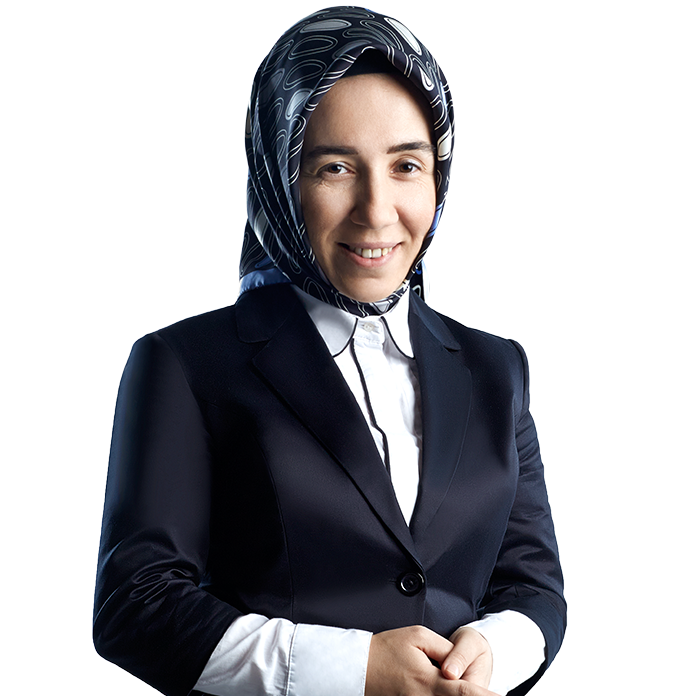It is public knowledge that former Russian Finance Minister Alexei Kudrin was encouraged to resign in 2011 because of his incompatibility with then-President Dmitry Medvedev. In fact, prior to his resignation, addressing the president, Kudrin made a statement reminiscent of Russian literature:
“Dmitry Anatolyevich [Medvedev] we really have disagreements, but I will make my decision after taking advice from the prime minister.”
If you remember, while the president was infuriated with this attitude, it was not long before the resignation came. Kudrin's main criticism of Medvedev should be noted at this point:
Irresponsible increase of military expenses.
In the years following Kudrin's expulsion, the resources Russia assigned to the military continued to escalate. The proportion of military expenses to national income, which was 3.7 percent in 2011, has reached 4.5 percent, according to current data.
Data indicate the country last allocated such a share to the military in the early 1990s. In other words, data also confirm some recent activity.
Also, figures indicate that expenses of this proportion in the current state are high even in the context of international comparison. The rate in question places Russia among the world's top 10.
Meanwhile, unlike that day when Kudri rebelled against irresponsible military expenditures, today, Russia's economy is, to top it off, in decline. With the sanctions after Ukraine and the collapse of oil, the economy shrank close to 4 percent in 2015. While high inflation reaching double digits and plummeting real wages were displeasing to the people, the budget deficit rose to 3 percent, making this the worst performance of the last five years.
Although the economy is expected to make a relative recovery in 2016, it seems a proper recovery will take some time. Meanwhile, despite all this, the budget for 2016 indicates that there will not be much of a concession on defense expenses. Giving a little thought to Russia's military renewal plans in the recent period and the fronts it opened alone, willingly and knowingly, it is not possible to expect the opposite.
In reality, what Russia is experiencing is increasingly turning into a vicious circle. Assessing the country's aggressive foreign policy, it is possible to see traces of its regional goals and at the same time sense the presence of an internal policy: To satisfy the people, who are displeased with course of events, with nationalistic feelings.
And in fact, in the jet issue with Turkey, the extremely unreasonable attitude and reaction displayed by Russian President Vladimir Putin is an extended example of this. To give the sense of "controlling influence" within and without in the chain of power play, is one of the primary duties assumed by Putin. I believe this is the most effective remedy to strengthen civil society and prevent any possible chaos in an environment which the Russian people are not really happy in the socio-economic sense.
So it is not difficult to see that Putin's expansionist policies in recent years (putting aside his geopolitical objectives) have managed to feed the worsening living conditions with a nationalistic spirit. And even if the economy worsens, this helps the support it receives to stay alive. Whereas on the other hand, this course of events fundamentally makes economy more fragile. The greatest risk, it appears, in relation to the future of Russia's economy, has long been confirmed as "geopolitical tensions."
Kudrin, in this context, was quite right when he said, in a statement he made toward the end of 2014, it would take years to bring back the old opportunities to Russia's economy in terms of investment and confidence. In fact, back then, oil had not declined as low and Putin had not landed in the newest territories.
As a result, taking into consideration all these factors, it is clear that Russia is going to experience tough times in terms of economy. Although I see its regional cooperation with China as a possible starting point, it is obvious that the primary element Putin and his nation need for welfare is not in geographies, but in economic variety and expansion.
Subduing the investment climate in the country is the most critical condition to achieve this. Looking at it from a wider perspective, without the intention to eliminate bureaucratic obstacles, strengthen ownership rights, increase competition, encourage an active financial system, decrease commercial obstacles and provide transparency, it is not easy for Russia's economy to rapidly pick itself up and progress on its own feet.
However, it appears, in this external chaos into which he has buried his head, Putin and his team's time and cash for these deep-rooted internal requirements are limited. Hence, this forces Russian economy, which, as I mentioned earlier, is dependent on natural resources, to continue to spiral. In short, if he fails to find what he expects from scattering left and right, tough times await Vladimir Vladimirovich.




















